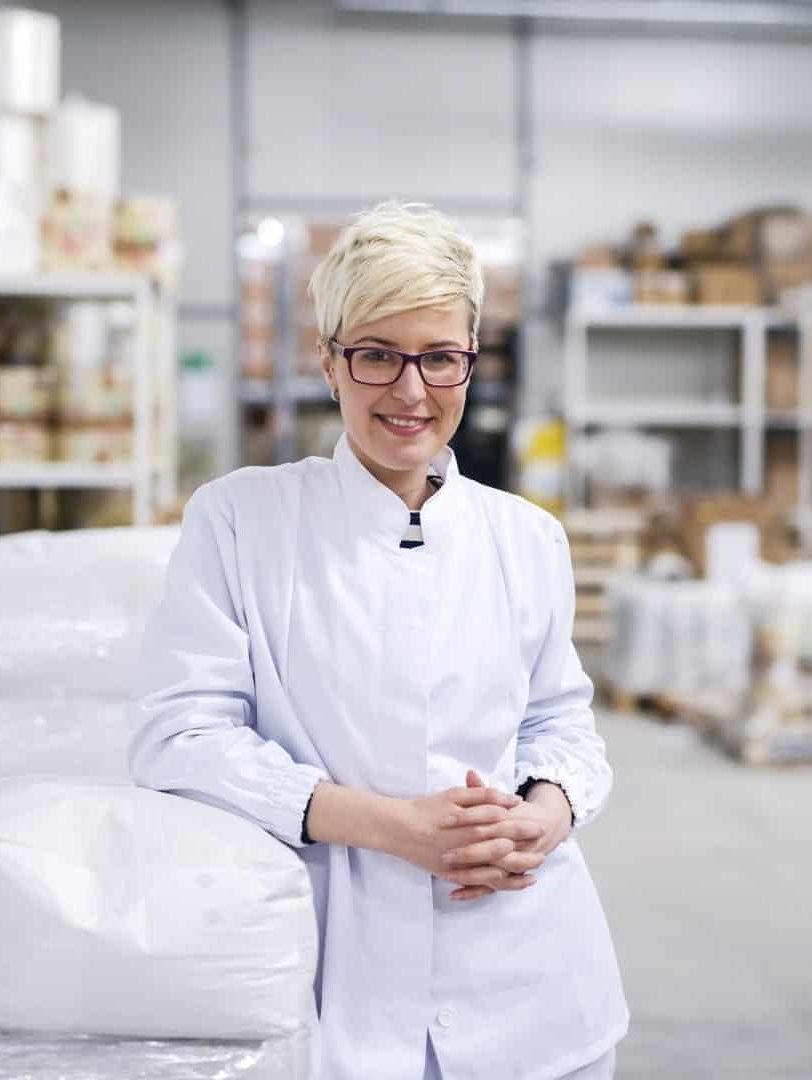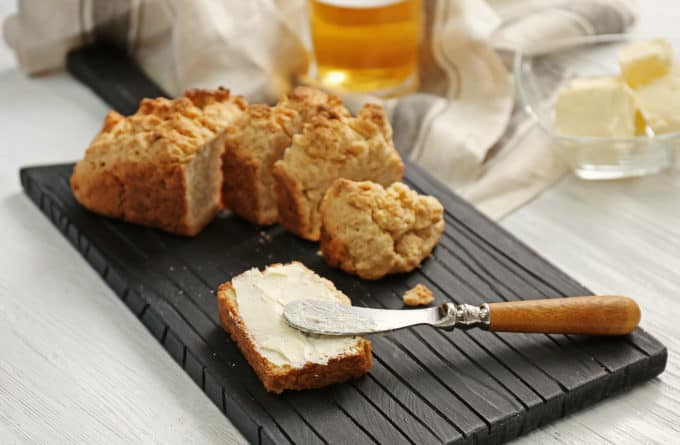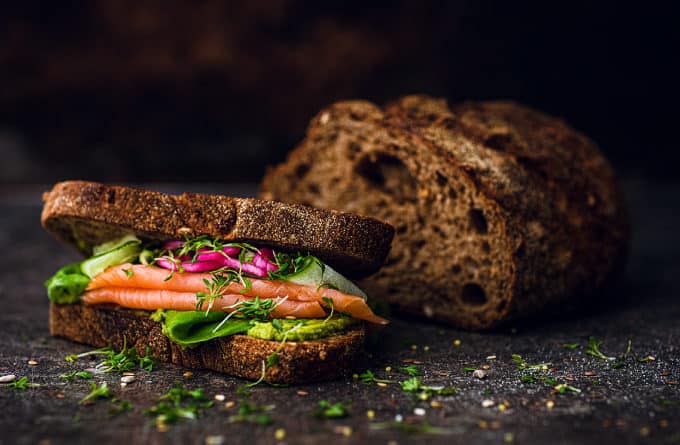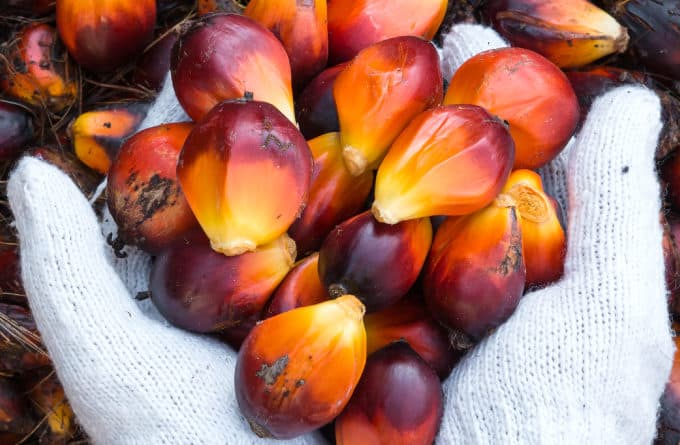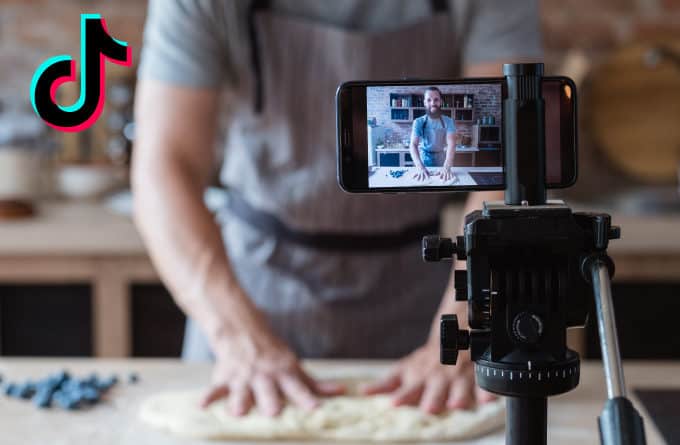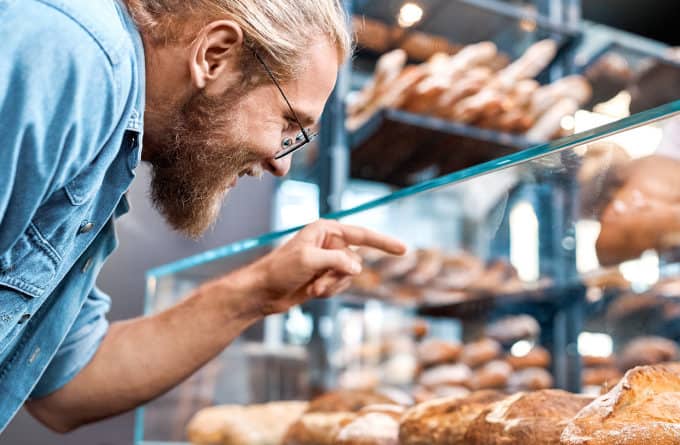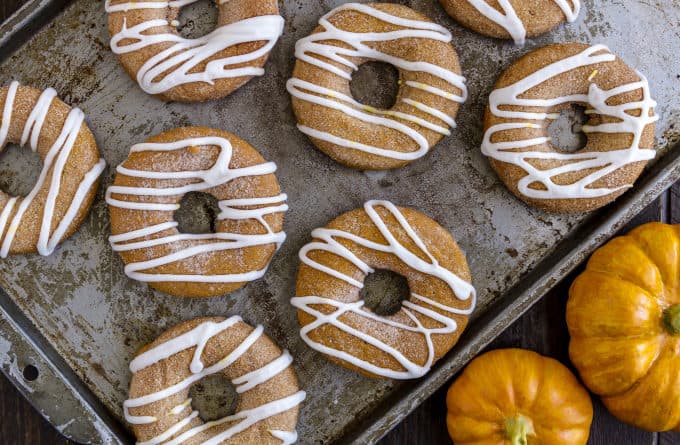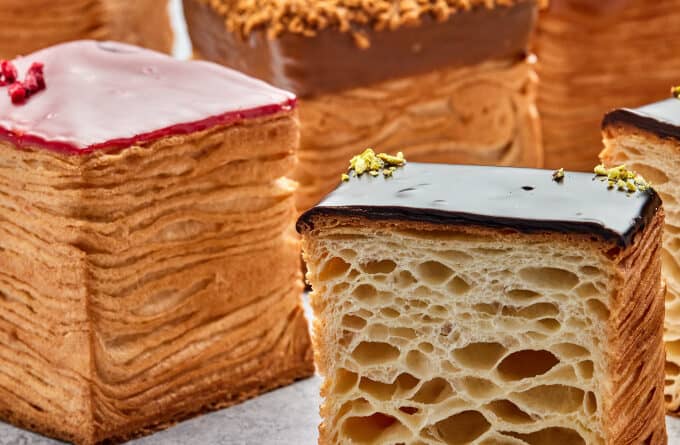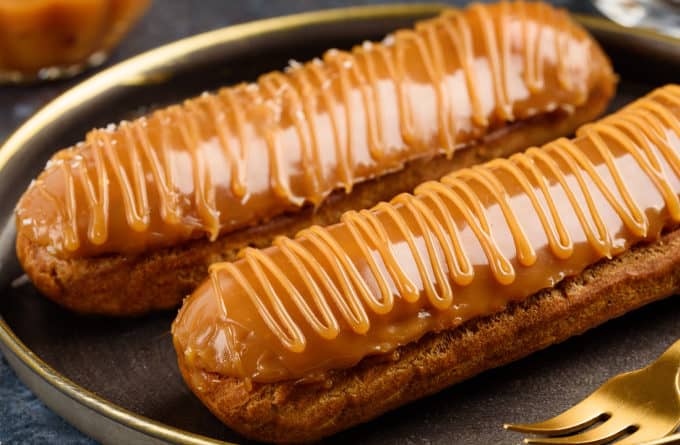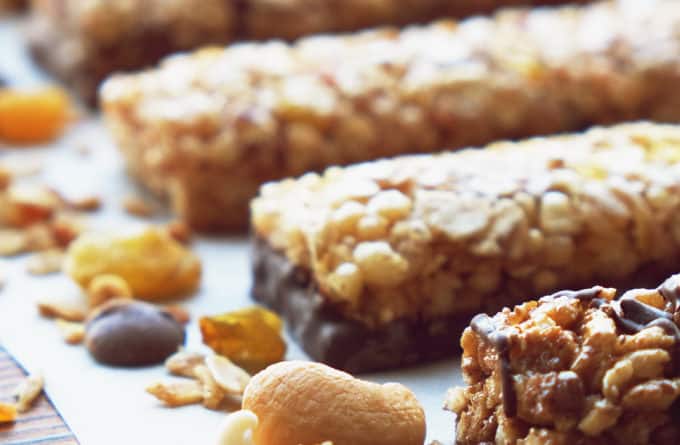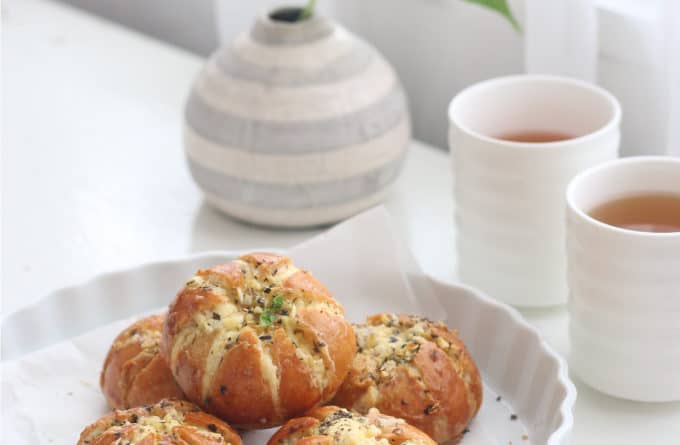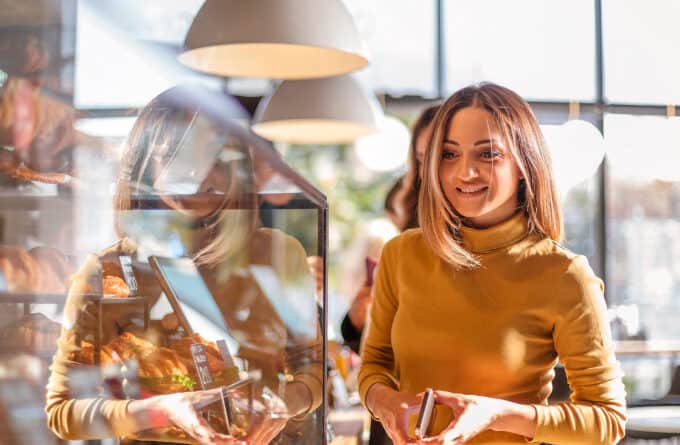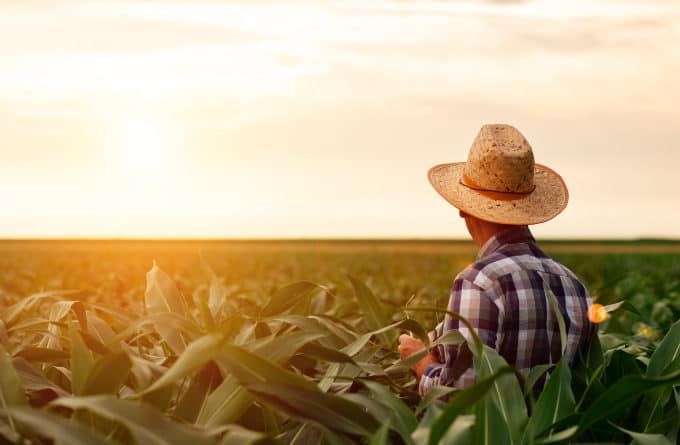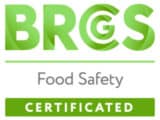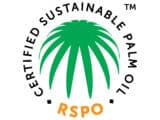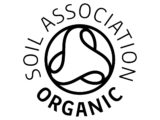
We all hope that we leave behind a legacy to inspire future generations – and brands are no different. But, how would you feel if in 400 years all that’s left behind of your bakery is the packaging still sitting in landfill?
Durable plastic – such as plastic bottles – can take a staggering 450 years to decompose. Even a simple plastic straw takes around 200 years to decompose – and the problem may be bigger even than you think. In 2016 3.4trillion units of plastic packaging (including flexible packaging, rigid plastics, paper containers and cartons) were produced – and the food and drinks industry handled an overwhelming 92 per cent of retail packaging volume.
It’s clear to see that sustainable packaging is on the mind of businesses and consumers alike with its search popularity increasing notably over the last 5 years:
So how can bakeries play their part in reducing this environmental load? Start by placing sustainable packaging at the heart of your business planning.
Get Bakels articles delivered to your inbox
Listen to your consumers
Consumers are now far more likely to identify themselves as ‘environmentally aware’ than ever before. So much so that according to one study, 74 per cent of consumers are willing to pay more for sustainable packaging. Consumers are losing their appetite for unnecessary and hard-to-dispose of packaging.
Consumer awareness of end-of-life plastic topics is at an all-time high. There’s a growing band of people who not only want it but are demanding it. Not only can you ‘do the right thing’ by rethinking how you package up your cakes and bakes, but you can also turn it into a strong marketing point. Wearing your eco-credentials on your (sandwich) sleeve could win you a new generation of loyal shoppers.
Think before you shrink (wrap)
Rethinking packaging is essential. But let’s not forget that we should also assess the volume of packaging.
Few bakeries can do without some form of protective packaging. It’s essential for food items to be safely transported home and to protect the food from damage. But now is the time to make sure every single scrap of packaging counts. In the bakery environment, you’ll usually need the primary packaging (food contact layer). Can you remove the secondary and tertiary packaging?
Even slight changes can bring huge environmental benefits. Allied Bakeries switched to reduced thickness packaging for its Kingsmill loaves. As a result, it expects to save around 240 tonnes of plastic a year. It’s a win for companies, consumers and the environment.
Packaging has multiple roles: preserving shelf life; convenience; food safety; communication tool, traceability. Think about how some of these elements could be removed from the packaging and communicated in other ways. Nutrition labels placed alongside items rather than printed on every single item’s packaging. Advertising messages delivered on posters in-store. Maybe you don’t need as much packaging as you thought.
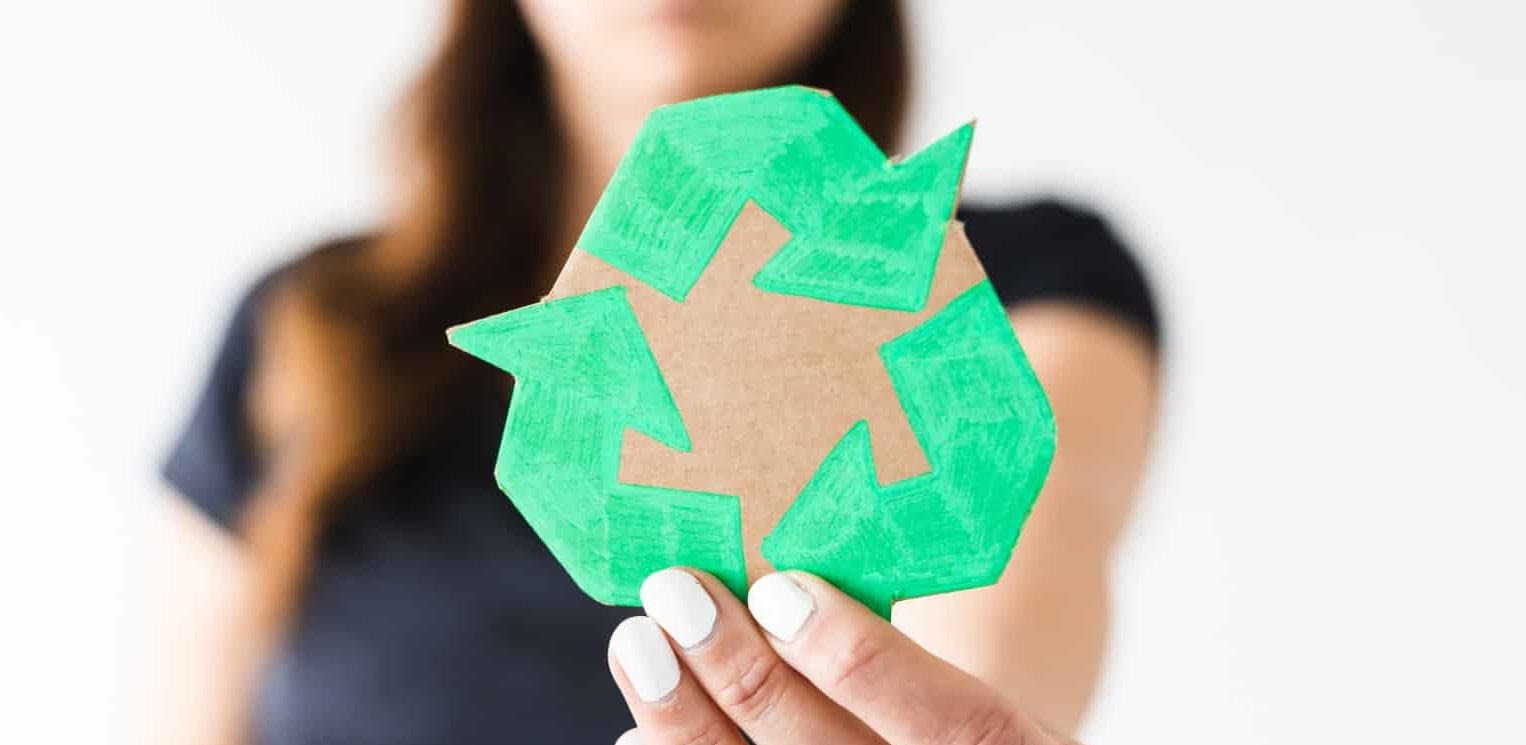
Sustainable packaging means business
Packaging-free is just a dream for many bakeries, but plastic doesn’t have to reign supreme. There are many options to consider. Reused materials limit landfill waste. Compostable materials break down quickly in the environment. Then there’s also packaging made from renewable resources—such as plants and trees.
What is clear for the baking industry is that visibility is often key for making a sale. Pieminister carried out consumer trials on its pie boxes, needing transparent windows. It concluded they did, but successfully identified a solution. Boxes now carry the plastic free logo thanks to a fully recyclable card with a transparent outer formed from wood pulp.
Supermarket giant Iceland set out a bold plan to remove all plastic packaging from its own label range by 2023. For its bakery items it is planning to switch to paper, with cellulose if the item needs visibility. The brand is also launching the UK’s first standard pre-packed loaf of bread in fully recyclable paper packaging.
The ease of recycling
The hard facts are that every year around 215billion items of flexible plastic packaging land on shop shelves. And the vast majority of it ends up in landfill as less than one in five local authorities currently collect this type of packaging for recycling.
While it’s vital to embed the sustainability of packaging into your business strategy, it has to be aligned with the facilities available. Recyclable packaging, like paper and cardboard, are great, but what if your customers can’t recycle it? One thing to consider is what options there are in your local area for waste disposal. Warburtons says that half of the bags it uses to package up its products are recyclable… but admit that not all local authorities yet have the facilities needed in order to do so.
According to packaging supplier Planglow, the demand for compostable packaging in the hot bakery area tripled between 2015 and 2019. Yet its own research in 2016 found a disappointingly low number of facilities in the UK that accepted used compostable food packaging.
Make it as easy as possible for your customers to safely dispose of your packaging. If a large part of your business is regular customers, can you introduce a scheme where customers buy a reusable packaging solution (eg jute bread bags, or sturdy cake boxes) and reward them with a discount when they bring them back to refill. Such a scheme may also encourage repeat business.
A taxing business
Going green is not just a matter of meeting customer demand. From next year you may find that you’re hit with the plastic tax too. From April 2022 organisations will pay a £200 per tonne tax on any plastic packaging that uses less than 30 per cent recycled content. Small bakeries may be unaffected by this new legislation, as there is an exemption for importers of small amounts of plastic packaging. However, it will affect supermarkets, which will continue to explore other solutions to the plastic packaging dilemma. This will drive customer expectation of reduced packaging in general, so smaller outfits will need to take their lead from the big players.
It’s important to know that technology has moved along at a rapid pace. In the past, sustainable packaging alternatives couldn’t compete with conventional options. The standards of ‘sealability’ and the effectiveness of barrier properties were weak. But the next generation of recyclable or biodegradable packaging can more than match up to their counterparts. The only downside: price. Bio resins used to make eco-friendly plastic films cost more than polyolefin-based plastics.
Ultimately, if you can source more environmentally friendly packaging that doesn’t alter the customer experience or affect the look and taste of your product, you can get ahead of the curve. In as little as six months time sustainable packaging will be a game-changer. Within a year or two consumers will commonly accept it. And soon after that, it will become the industry standard for bakeries.
Bakels supporting sustainability
We’ve been in business for over a century and over that time have seen immense innovation in food packaging. Our own packaging has gone through an evolution of its own, we now make use of:
- Fully recyclable polysack bags for over 20 years.
- Fully recyclable sachet laminate in all but the most sensitive chilled products, corrugated boxes, constructed from between 65-100% recycled materials, these boxes are in-turn fully recyclable.
- Pallets and tanks which are not only returnable (for use over and over), but also fully recyclable .
We’re doing our part to make sure we’re part of the industry’s commitment to sustainability. To find out more about what we’re doing, or if you’ve any questions about how we could help your business, contact us today.
